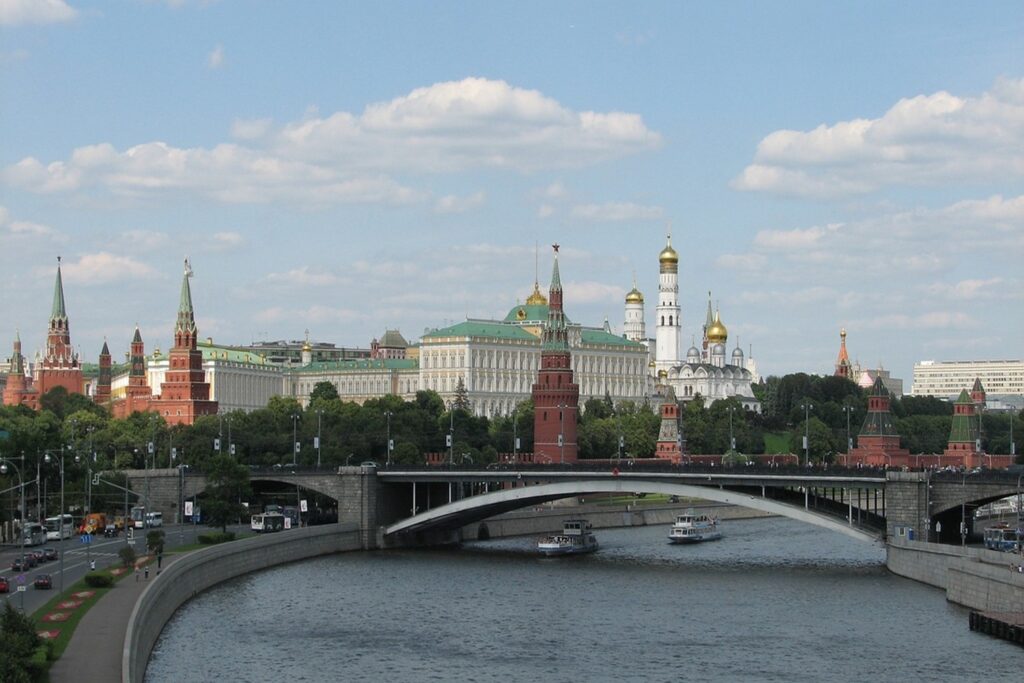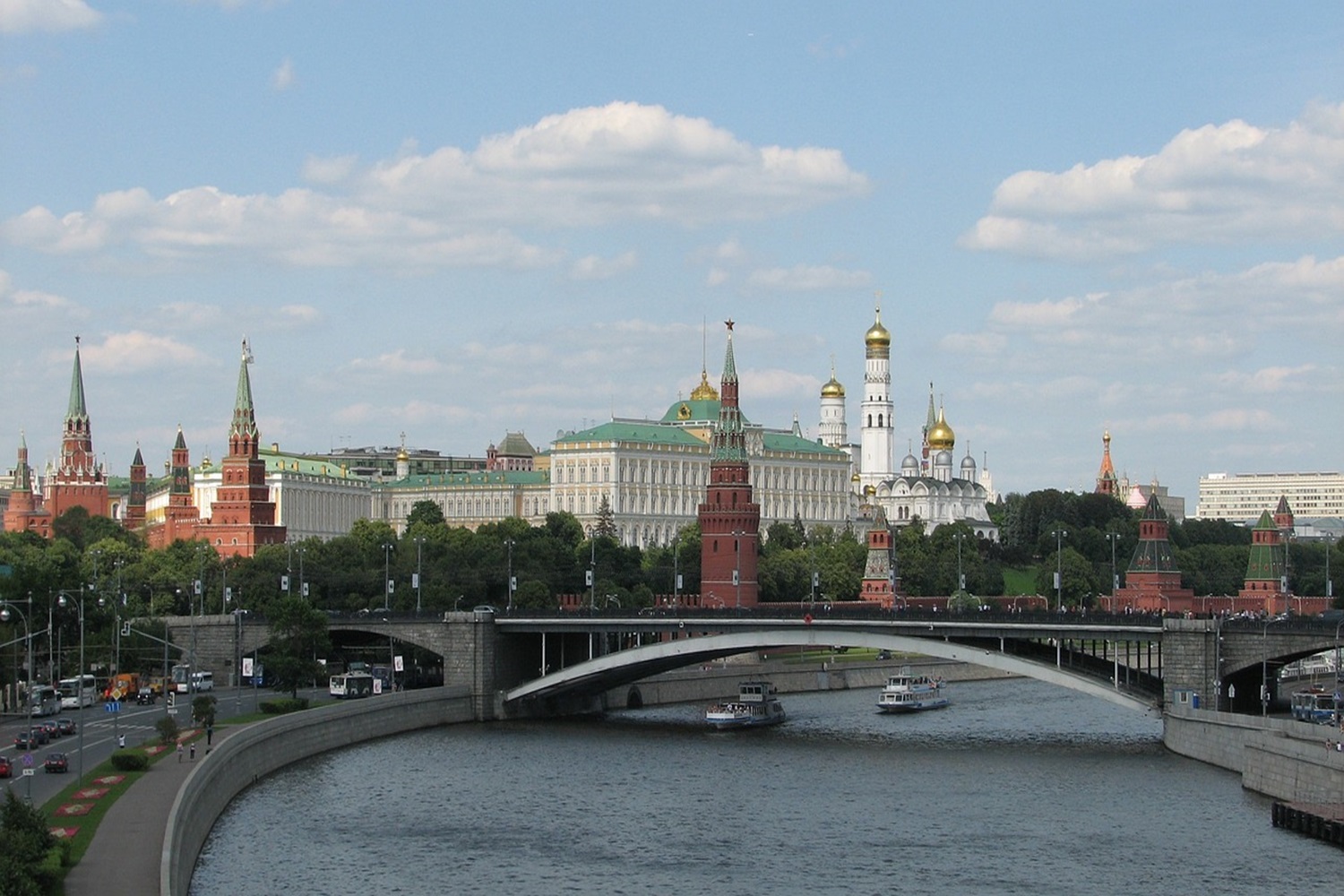
A significant absence of key BRICS economic officials from a pivotal Moscow conference last Friday has sparked growing concern about the future direction of the global alliance. As preparations for the much-awaited BRICS summit later this month continue, the group’s economic operations have been clouded by the obvious no-shows of several top finance ministers and central bank officials from China, India, and South Africa. This absence of significant BRICS economic officials raises questions about the bloc’s unity as well as probable consequences on its attempts to question the dominance of the Western-led financial system.
The Moscow conference was designed to set the stage for the larger conversations scheduled for the BRICS conference set for October 22–24 in Kazan. The meeting moved forward with a range of economic suggestions, but the absence of top officials from some of BRICS’s largest countries leaves many wondering about the group’s alignment of interests. Along with officials from South Africa, China and India, the second-largest and fifth-largest economies in the world, were merely more junior authorities present. Along with this were active participation of finance ministers from Egypt, the United Arab Emirates, Iran, countries lately entering the BRICS alliance.
This absence is particularly important considering the current geopolitical issues and growing hostility between BRICS members and the West. The Moscow conference concentrated on proposals aimed to alter the global financial architecture while Russia specifically supported policies threatening the hegemony of the West. Russian Finance Minister Anton Siluanov proposed in his inaugural speech creating cross-border payment projects and alternative financial systems including a new BRICS clearing center. Together with Russia’s more broad effort for a BRICS commodities market and reinsurance firm, these initiatives are aimed to boost economic integration of BRICS countries and reduce reliance on Western organizations as the International Monetary Fund (IMF) and the World Bank.
Strategic Absence of Major Economies
Skepticism has greeted the lack of eminent economists from China, India, and South Africa. Attending the Moscow conference representing China and India, Chinese Deputy Finance Minister Liao Min and the Indian Ministry of Finance and Secretary Ajay Seth were seen as less suited to advocate the high-level economic alternatives on offer. This raises important questions: Why were the primary participants in the economy absent, and how will this influence the cohesiveness of the BRICS group going forward?
One explanation is that the absence could be a mirror of internal BRICS conflicts over collective priorities. Originally formed as an alliance of Brazil, Russia, India, and China, BRICS today comprises South Africa along with new members Egypt, Iran, and the United Arab Emirates. From India’s focus on technology and trade to China’s emphasis on infrastructure development, the less-than-enthusiastic involvement across these diverse economies—may have come from disparities in priorities among them. Lack of top-level engagement could point to a growing divide between these nations, especially when geopolitics shapes their economic objectives.
The most recent accusations made by Kremlin official Yuri Ushakov, who said Western forces were urging nations to skip the BRICS conference, complicate matters even further. Key BRICS countries could find it challenging to fully engage in a meeting that is progressively seen as an alternative to Western financial institutions given the West’s growing impact, especially via sanctions and financial pressures. While BRICS nations have long sought to establish their own banking systems, the absence of important leaders could indicate some members’ reluctance or uncertainty regarding total adoption of Russia’s vision of a new, alternative economic order.
Russia’s Demand for a BRICS Driven Financial System
Russia, penalized harshly by Western countries for invading Ukraine, is aiming to offset Western economic supremacy with BRICS. In this sense, Siluanov’s theories are fairly crucial. Building a BRICS payment system, a new digital investment platform, and other financial projects reflects Moscow’s bigger aim to reduce the reliance on the U.S. currency and SWIFT payment system by BRICS countries.
Named as such, one of Russia’s more aspirational projects is the BRICS Bridge. Seeking to enable cross-border payments between BRICS nations, the concept uses a new digital currency perhaps evading the West-dominated global financial infrastructure. Moreover, Siluanov’s support of a BRICS clearing center—which would replace institutions like the IMF—showcases Russia’s intention to build a more sovereign financial system for poor nations. These concepts are definitely novel, but their successful implementation would depend on the whole backing of all BRICS members—something that, given current attendance and internal conflicts, may not be easily obtained.
Apart from these recommendations, Russia has been supporting a commodities exchange and a new BRICS rating agency, both of which would help BRICS nations to avoid Western-dominated financial institutions and give more unity to their economic activity. But the opposition of some of the BRICS countries to send their most senior officials to Moscow suggests possible serious challenges in the implementation of these plans.
Looking Forward: BRICS Summit of Kazan
The question yet stands if the union might overcome internal conflicts to show a united front as the BRICS gathering gets set. Although the absence of significant BRICS economic leaders at the Moscow conference points to more broad group issues, the idea is not always doomed. Even if the conference will take place in Kazan, the BRICS countries still have opportunity to unite behind common goals and greatly forward their economic plans. To progress with the bold proposals Russia and others have suggested, however, would require on high degree of cooperation and commitment from every member.
For the BRICS, the gathering in Kazan seems to be absolutely crucial. The absence of top economic officials from significant Moscow members highlights the challenges BRICS encounter in trying to identify a path towards increased economic autonomy from Western corporations. Whether or if the summit will yield the bold financial reforms Russia dreams of remains to be seen, but the developments in Moscow act as a timely reminder of the complexities the BRICS economic agenda faces.
Also read:
Portugal’s Youth Push: Could Tax Cuts for Under-35s Reshape the Economy?



